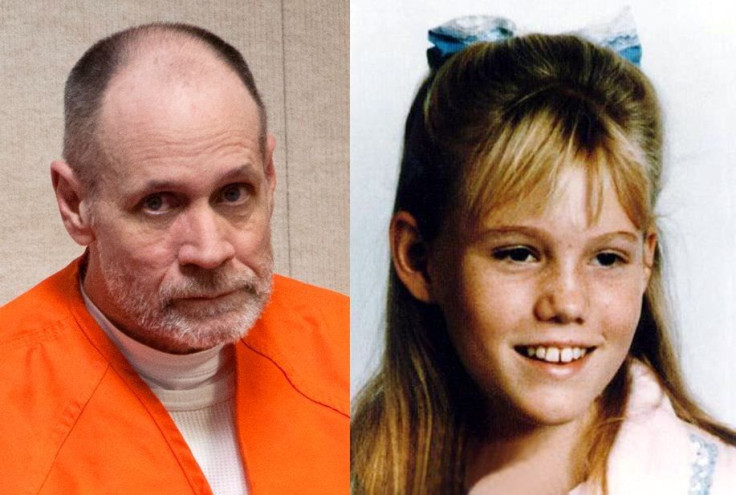Jaycee Dugard Slaps Lawsuit on U.S. Govt. Over Loose Monitoring of her Kidnapper

Kidnap victim from California, Jaycee Dugard, went to court against the federal government on Thursday, accusing it of not supervising her kidnapper while he was on parole, during which time he captured her and held her for 18 years.
In 1977 the kidnapper, Phillip Garrido, was sentenced to 50 years in prison for the kidnap and forcible rape of another California woman. But in 1988, he was released on parole after serving less than 11 years, according to Dugard's attorneys.
What followed was Dugard's abduction. On June 10, 1991, Garrido and his wife Nancy snatched then 11-year-old Dugard from a street near her South Lake Tahoe home, while she was walking to a school bus stop.
Before she was rescued in 2009, Dugard was imprisoned and sexually assaulted by Garrido for 18 years. With Garrido she had two children during the period.
Dugard's attorney Dale Kinsella said in a statement that from December 1988 to March 1999 federal parole agents failed on numerous occasions to properly monitor Garrido.
We believe that the years of abuse experienced by Ms. Dugard are a direct result of the U.S. Parole Commission's colossal blunders in the supervision of Mr. Garrido, Reuters quoted Kinsella as saying.
As per the lawsuit, filed in San Francisco in U.S. District Court for the Northern District of California, the federal parole officers didn't properly investigate the accusations that were made against him in 1989 by his women co-workers at a nursing home.
The lawsuit further stated that at the time of his first year-and-a-half parole, Garrido was tested positive for drugs twice. But federal parole officers didn't report it to the Parole commission, the lawsuit stated.
Federal mistakes outlined by the lawsuit included failing to get Garrido proper mental health treatment, failure to provide adequate information to state authorities, not taking steps to ensure he would not offend again, ignoring substance abuse parole violations and reports of sexual misconduct.
The lawsuit also said that the parole officers failed to visit Garrido's home in 1990, 1992 and 1994.
With this type of resume, it is hard to imagine that Garrido, a parolee classified as 'High Activity' supervision, would have received anything other than the utmost scrutiny and supervision by federal parole authorities, the complaint said.
Dugard has already received a $20 million settlement in 2009 from the state of California. Any proceeds that she will get from the lawsuit will be donated to her nonprofit organization in order to help other victims, Dugard said.
© Copyright IBTimes 2024. All rights reserved.












